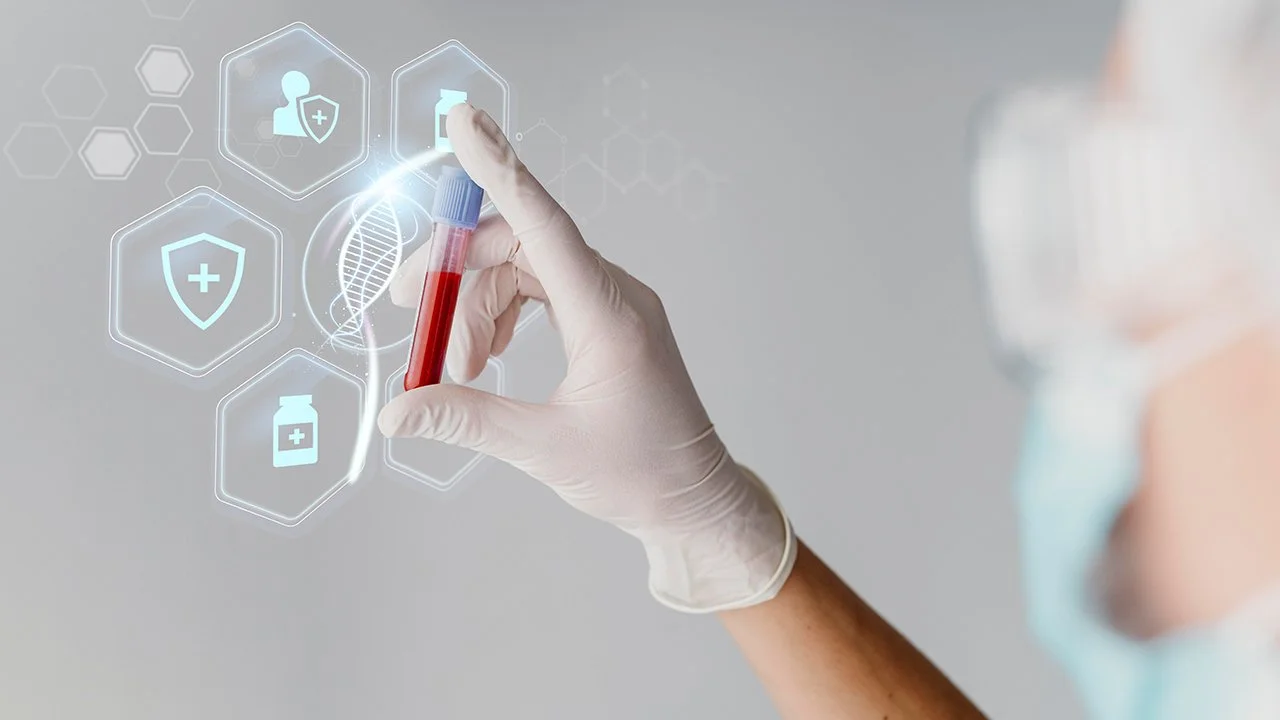What Is RGCC Screening? A Simple Breakdown of This Advanced Cancer Test
Cancer is complex, but your testing doesn’t have to be. If you’ve ever wished for a clearer, more personalized way to detect, monitor, or treat cancer, RGCC screening could be the answer.
This isn’t your average blood test. RGCC screening gives doctors a deeper look into how your body is reacting to cancer, or if cancer is developing in the first place. And the best part? It’s all done through a simple blood draw.
Let’s break it down in everyday language.
What Is RGCC Screening?
RGCC screening is a set of advanced blood tests used for cancer detection, monitoring, and personalized therapy planning.
There are two main types of RGCC tests:
Onco-D-Clare – This test is for people with no history of cancer. It looks for early signs that cancer may be developing.
OncoTrace – This test is for people who already have or have had cancer. It tracks circulating tumor cells (CTCs) in your blood to monitor progress or detect recurrence.
Both tests help your doctor understand what’s happening in your body right now, not months from now when you’re due for your next scan.
How Do the Tests Work?
Onco-D-Clare looks at gene activity in your white blood cells. It uses machine learning to spot cancer signals early, sometimes before any symptoms appear.
Oncotrace searches your blood for actual tumor cells that may be floating around, even if you feel fine.
Think of Onco-D-Clare like a smoke detector. It senses when something might be wrong. If it goes off, your provider can order an OncoTRACE test, other additional blood tests, or imaging right away to look for actual “flames”.
Is RGCC Screening Accurate?
Yes. These tests are very accurate compared to traditional methods:
Onco-D-Clare has a 93% accuracy rate for detecting early cancer activity.
OncoTrace has about 86% sensitivity, which means it’s great at finding cancer cells in people who’ve had cancer before.
This gives you and your doctor more data—and more confidence in your plan.
However, it's important to understand that no medical test is 100% accurate.
Important Considerations:
RGCC recommends using the Oncotrace test in conjunction with other diagnostic methods, such as biopsies, blood markers, and various scans, especially when cancer is suspected or known to exist.
The test may not detect certain types of cancers, such as those of the brain and central nervous system (CNS), due to the blood-brain barrier.
The test may also not detect cancers that are encapsulated or dormant, meaning they are not releasing CTCs or cfDNA into the bloodstream.
Does RGCC Screening Help With Cancer?
Absolutely. RGCC testing isn’t just for finding cancer. It’s also a powerful tool to guide therapy and monitor progress.
For example, OncoTrace can:
Track how many cancer cells are in your blood.
Measure how aggressive your cancer might be.
Show if you’re moving toward remission and the therapies are being effective.
What Else Can RGCC Tell You?
RGCC doesn’t stop at just detecting cancer. It can also analyze your cancer's biomarkers. These are tiny signals that show:
How fast the cancer is spreading.
Whether cancer stem cells are active (these are the cells that make cancer come back).
Which therapies —both conventional and natural—might work best for you.
This includes chemo, biologic therapies, herbs, supplements, and IV nutrients—the later 3 of which can be offered at WellSpot IV.
One powerful part of the RGCC process is called chemosensitivity testing found in the Oncomonics Plus test. This testing looks at your own cancer cells and shows which therapies kill them best. That means your doctor isn’t guessing—they’re making a plan based on real data from your body.
Why Is RGCC Screening Better Than Waiting for Imaging?
Most people with cancer get follow-up imaging every 3 months to a year. That’s a long time to wait when your health is on the line.
RGCC screening lets your provider track changes more often and more precisely, catching problems early or showing when a therapy is working.
One case shared in the transcript featured a patient with thyroid cancer. Their CTC count dropped from 2.4 to 1.4 after following an RGCC-guided protocol and lifestyle changes. That kind of detail is hard to get from traditional follow-ups alone.
Who Should Consider RGCC Screening?
You may want to talk to your provider about RGCC if:
You have a personal or family history of cancer.
You want to screen for cancer early, before symptoms show up.
You’re currently going through therapy and want more information to guide decisions.
You’re in remission but want to keep an eye out for any changes.
You’re exploring both conventional and integrative therapy options.
How to Prepare for Testing
If you are currently undergoing cancer therapy or using supplements or other therapies that are known to fight against cancer, you will want to consult with the medical team at WellSpot IV to determine timing of testing and any medications you or therapies that need to be avoided for the 7 to 14 days prior to the testing.
Get RGCC Testing at WellSpot IV
At WellSpot IV, we offer both RGCC testing and integrative therapies tailored to your results. Whether you’re looking to catch cancer early or need better information to guide your next steps, we’re here to help.
We don’t just run the test—we help you act on the data. From IV nutrients to supplement protocols, our team builds a personalized plan based on your cancer biology.
Call WellSpot IV today to schedule your consultation and find out if RGCC screening is right for you.

